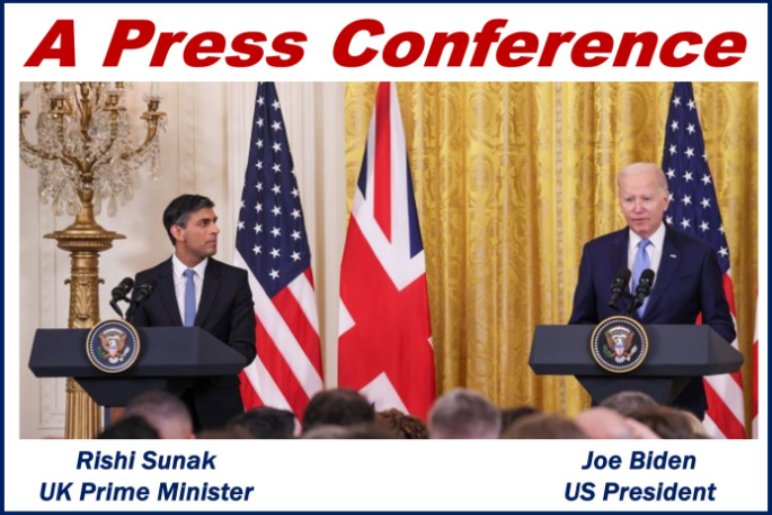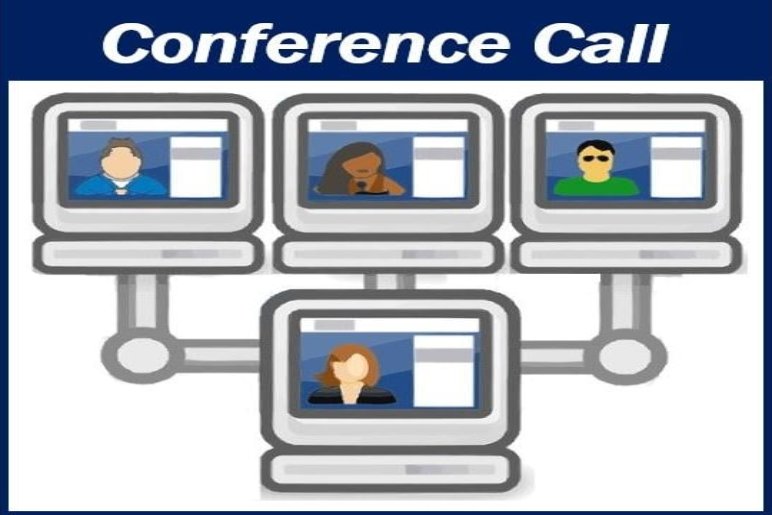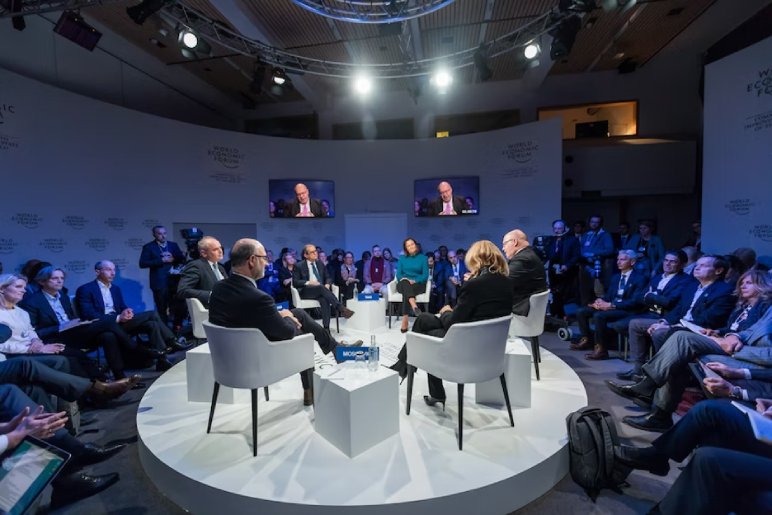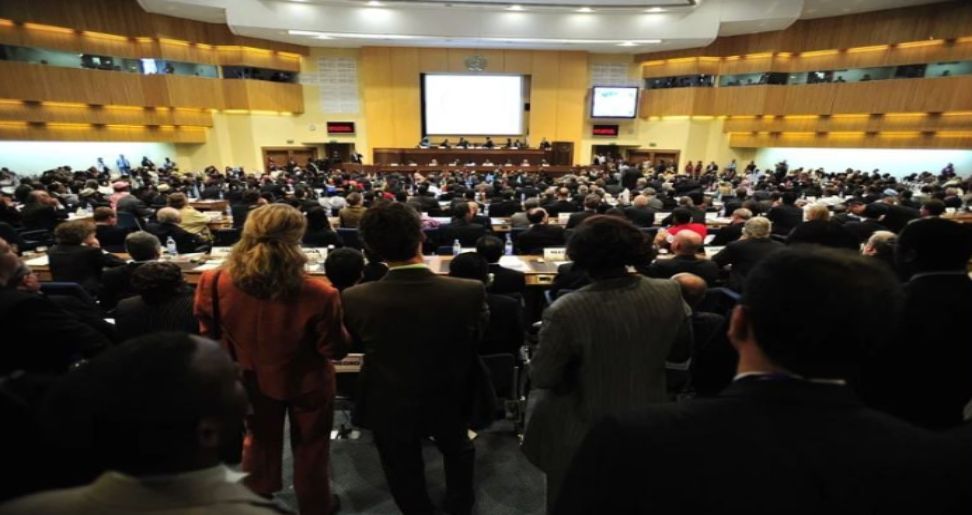A conference is a formal gathering of individuals who share a common interest, typically to discuss or exchange information on a specific topic.
It serves as a platform for knowledge sharing, networking, and collaboration. Conferences are held in various formats, from in-person events to virtual or hybrid gatherings.
Key Components of a Conference

Purpose
The overarching goal of this project is to [clearly state the primary objective]. By [briefly outline the key actions], we aim to [describe the desired outcome or impact]. This endeavor is driven by the need to [explain the underlying problem or opportunity]. Through [mention specific methods or approaches], we anticipate [potential benefits or results]. Ultimately, this project seeks to [restate the main purpose in a concise and impactful manner].
Participants
The event drew a diverse and enthusiastic crowd of [number] participants from [location]. Attendees included [categories of participants, e.g., students, professionals, researchers, enthusiasts]. Their varied backgrounds and expertise created a rich tapestry of perspectives, fostering lively discussions and innovative ideas. The event’s inclusive atmosphere encouraged active engagement, making it a platform for knowledge sharing and networking among individuals with a shared interest in [topic].
Program
Program is a precise sequence of instructions designed to be executed by a computer to perform a specific task. It’s essentially a set of commands written in a programming language, understandable by the machine. These instructions can range from simple calculations to complex problem-solving, controlling hardware, or processing information. Programs are the fundamental building blocks of software, and their creation, testing, and maintenance are core activities in computer science and software engineering.
Networking Opportunities
Networking is the cornerstone of professional growth.
It involves cultivating relationships with individuals in your industry or field. This can be achieved through attending industry conferences, joining professional associations, or participating in online platforms. By expanding your network, you gain access to valuable insights, potential job opportunities, collaborations, and mentorship. Building strong connections fosters a supportive professional community and can open doors to new possibilities.
Conference vs. Meeting

While both conferences and meetings involve gatherings of people for a shared purpose, they differ significantly in scale, formality, and objective.
Meeting
Definition: A meeting is a gathering of individuals, typically within an organization, to discuss specific topics, make decisions, or share information
Scale: Generally smaller, often involving a team or department.
Duration: Relatively short, lasting from a few minutes to several hours.
Formality: Can range from highly structured with an agenda to informal and spontaneous.
Objective: Focused on achieving specific outcomes, such as problem-solving, decision-making, or project updates.
Examples: Team meetings, project planning meetings, status update meetings, brainstorming sessions.
Conference
Definition: A conference is a larger-scale event bringing together individuals from various organizations or fields to share knowledge, network, and explore a specific topic or industry.
Scale: Typically involves a large number of attendees, often hundreds or thousands.
Duration: Usually spans multiple days, including keynote speeches, workshops, and breakout sessions.
Formality: Generally more formal with a structured agenda and professional attire.
Objective: Knowledge sharing, networking, industry updates, and professional development.
Examples: Industry conferences, academic conferences, trade shows, summits.
Conference types

A conference is a formal gathering of individuals with a shared interest, typically for the purpose of discussing a particular topic. Conferences vary widely in size, scope, and format. Here’s a breakdown of common conference types:
Academic conferences
Academic conferences are formal gatherings of scholars, researchers, and professionals within a specific discipline or field. These events serve as platforms for presenting original research findings, exchanging ideas, and fostering intellectual discourse. Conferences typically feature keynote addresses, panel discussions, and oral or poster presentations, providing opportunities for attendees to engage in critical dialogue and establish professional networks. They often culminate in the publication of conference proceedings, contributing to the advancement of knowledge and the dissemination of scholarly work.
Peace conference
A peace conference is a formal gathering of representatives from different nations, organizations, or groups aimed at resolving conflicts, establishing peace agreements, and fostering cooperation. These conferences serve as platforms for diplomatic negotiations, where parties involved in disputes can engage in dialogue, compromise, and ultimately work towards mutually beneficial solutions. Such events often involve complex discussions on issues like territorial disputes, disarmament, human rights, and economic cooperation, with the overarching goal of creating a sustainable peace and stability in the affected regions or globally.
Trade conference

A trade conference is a specialized gathering where industry professionals, businesses, and experts convene to discuss, analyze, and strategize on various aspects of trade and commerce. These events serve as platforms for networking, knowledge sharing, and exploring emerging market trends. Participants engage in panel discussions, keynote speeches, and workshops to delve into topics such as global trade policies, supply chain management, export-import regulations, technological advancements, and industry-specific challenges. Trade conferences often culminate in exhibitions showcasing the latest products, services, and innovations, fostering business collaborations and partnerships.
Press or news conference
A press conference, or news conference, is a formal event where individuals or organizations invite journalists to receive information and ask questions. Typically held to make significant announcements, address pressing issues, or manage public perception, these gatherings offer a platform for controlled communication. Key players, such as politicians, celebrities, corporations, or government officials, often utilize press conferences to disseminate information directly to the media, ensuring widespread coverage and immediate public awareness. The question-and-answer session following the initial statement allows for clarification, scrutiny, and public engagement, shaping public opinion and holding the speakers accountable.
Authors’ conference
Authors’ conferences are vibrant gatherings of writers, editors, agents, and publishers, offering a platform for intellectual exchange and professional development. These events typically feature keynote addresses by renowned authors, panel discussions on industry trends, and workshops on various writing techniques. They provide invaluable opportunities for networking, seeking feedback on manuscripts, and exploring potential collaborations. Additionally, book signings, readings, and award ceremonies often enrich the conference experience, creating a dynamic atmosphere for literary enthusiasts and aspiring authors alike.
Professional conference
Professional conferences are formal gatherings of experts and practitioners within a specific field or industry. These events serve as platforms for knowledge sharing, networking, and staying updated on the latest trends and advancements. Conferences typically feature keynote speeches, panel discussions, workshops, and poster presentations delivered by renowned industry leaders and researchers. Attendees have the opportunity to engage in in-depth discussions, explore innovative ideas, and establish valuable connections with peers. Beyond the academic exchange, conferences often incorporate exhibition spaces showcasing the latest products and services, providing a marketplace for businesses and attendees to interact.
Settlement conference
A settlement conference is a formal meeting between opposing parties in a legal dispute, facilitated by a neutral third party such as a judge or mediator. The primary objective is to encourage a negotiated resolution of the case, avoiding the time, expense, and uncertainty of a trial. During the conference, parties present their positions, discuss potential compromises, and explore avenues for settlement. The neutral facilitator may actively participate by suggesting solutions or mediating disputes. While attendance is often mandatory, the process remains voluntary, with the ultimate decision to settle resting with the parties involved. Successful settlement conferences can lead to mutually agreeable outcomes, preserving relationships and resources.
Conclusion

Conferences serve as invaluable platforms for knowledge dissemination, networking, and professional growth. Whether academic, industry-specific, or a hybrid format, they offer opportunities to connect with experts, explore new ideas, and advance careers. By understanding the core elements and benefits of conferences, individuals can effectively participate and maximize their experience.
Read More :
Featured Image Source: https://tinyurl.com/22v4nwrb

